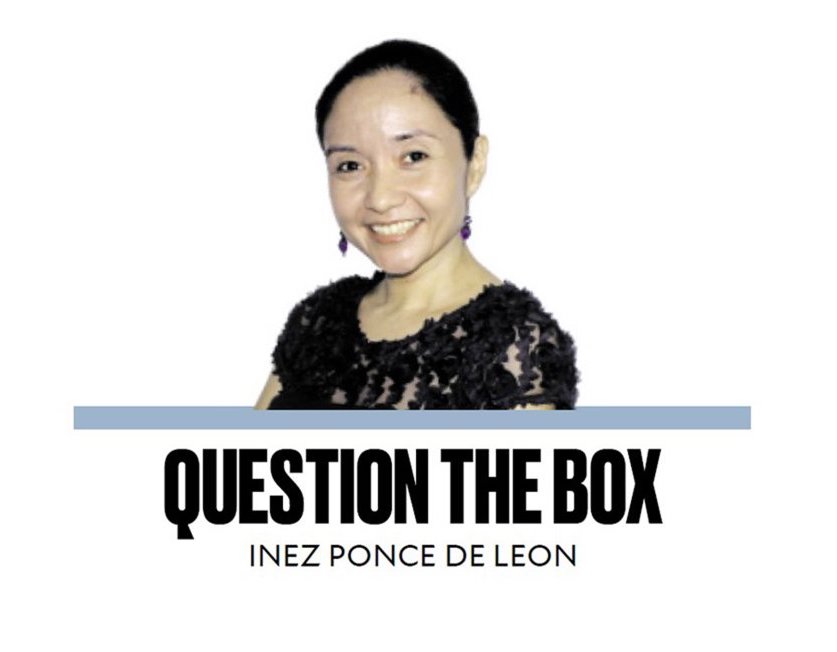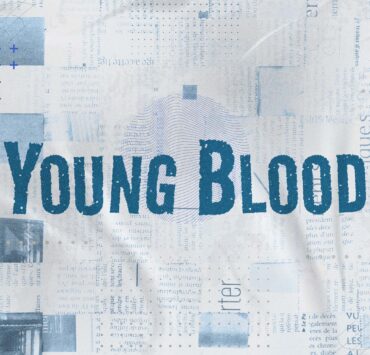Exorcising the right to vote

Matt Baglio’s ”The Rite: The Making of a Modern Exorcist” (Doubleday, 2009), describes how today’s Catholic Church blends the tools of science with the rituals of tradition to deal with demonic possession.
Baglio’s book has chilling stories aplenty, but it is balanced by sobering work from both doctors and clergy, who constantly find that they cannot reduce the human experience to mere chemistry, excluding faith or spirituality absent in biology. The book, moreover, joins the work of writers such as M. Scott Peck, Hannah Arendt, and, indirectly, Paolo Freire, all of whom have examined the nature of evil and how it sometimes hides behind the mask of good.
In one story, Baglio recounts how a scientist once asked an exorcist for help: despite therapy, he was apathetic toward his family and felt that his life was out of control. The priest blessed the man but also recommended consultation with a clinical psychologist.
The psychologist recommended an exorcism, and it was one of the most violent manifestations the priest had ever encountered. The man drooled, hacked, convulsed, but could not be liberated.
Over the next few days, the man said that a word kept coming to his head at unexpected times, as though it were a name to be remembered.
Hermit.
It seemed that a demon, now named, was taking the lead in weaponizing loneliness.
The subtext here goes beyond seeing demons in everything we do because to do so would be to surrender our free will to the creatures of the fall. The lesson is that evil can magnify isolation, and force people to look at the world in painful fragments rather than a comforting whole.
This is akin to Freire’s definition of the oppressed: the people who are forced by invaders to see a world of unconnected desperation, where people are made to believe that their actions cannot change their fated suffering.
We don’t have to be oppressed to exercise this forcible fragmentation of the world.
Those who quote Bible verses to justify their abuse and support of injustice and sin also break the world apart: they do not examine the context against which the verses were crafted, nor do they acknowledge the entire message of the gospels that puts those verses within larger meaning systems rooted in principles and morals—for a holistic interpretation, not convenient cherry-picking.
By that same logic, those who lose their minds over mere quotes online, without having read the entire text from which the quote came, or without checking if the person supposedly making the quote is credible, let alone real—those who fall into this trap and encourage others to follow are all feeding an evil of impulse.
Those who separate the morals and principles of their faith from who they vote for, who seek easy solutions in a culture of death, who fragment their world into a Sunday of solemn hymns and a week of belligerent buffoonery—they, too, are working in a spirit of evil.
When the world is made to look like broken glass unmendable, it seems that the next step of evil is to make people believe that they are helpless. Evil, then, completes its work by making people feel that they are in control of nothing.
Those who take away people’s liberty to choose, to go through the painful process of self-growth, to discern for themselves—those who take away people’s free will are also evil.
This includes those who reduce people to the label of criminals or drug addicts, who do not see them as human and who define them as disposable; those who push people into silence and take away their right to speak their minds; those who try to isolate people who do not share their opinions by making the opposition believe that it is cornered, a minority, alone.
These are the people who want everyone to believe that the crowd’s shouts are equal to wisdom—that a crowd must exist to validate the truth and integrity of one’s beliefs.
Evil exists in those who demand that we disregard our principles when the crowd roars. Evil exists in those who silence people and threaten them with rape, torture, and death, all because their opinions have been contradicted—all because their idols are now showing cracks and have to be given annoyingly affectionate nicknames so that they can look shiny again.
That, too, is evil: to mask injustice, to dress it up, to live a lie.
In Baglio’s book, the exorcist used the name Hermit to expel the demon—but also advised the man to return to a life of righteousness and faith. The man apparently ignored the advice and returned months later—along with a longer list of names.
There was no definitive end to the story, but it teaches us that evil, though insidious, can be avoided when we acknowledge it. Name it. Fight it.
Those who profess a life of faith cannot hyperfocus on a suffering Jesus but ignore the compassion, morality, and sacrifice that He preached. Those who speak their beliefs in church are simply reciting words if they go to the polls the next day and vote murderers, thieves, liars, and/or dotards into power.


















Fortune favors the prepared